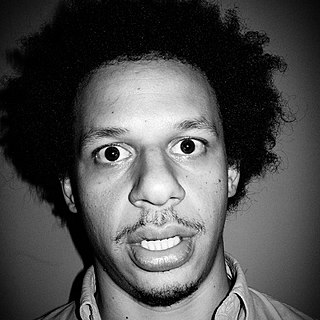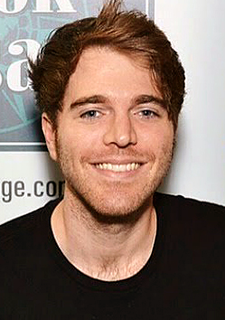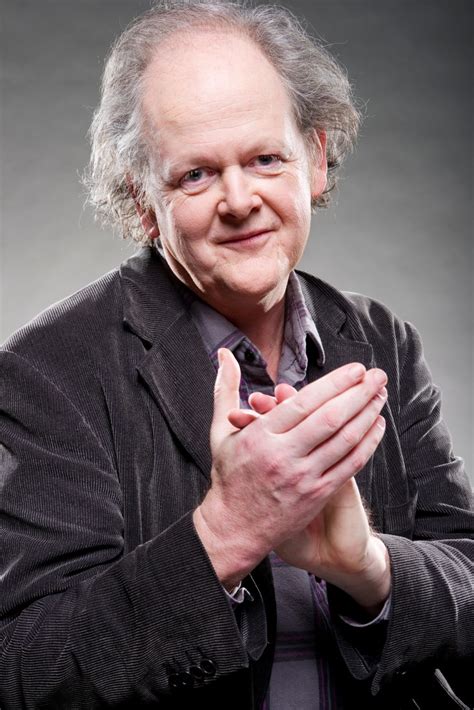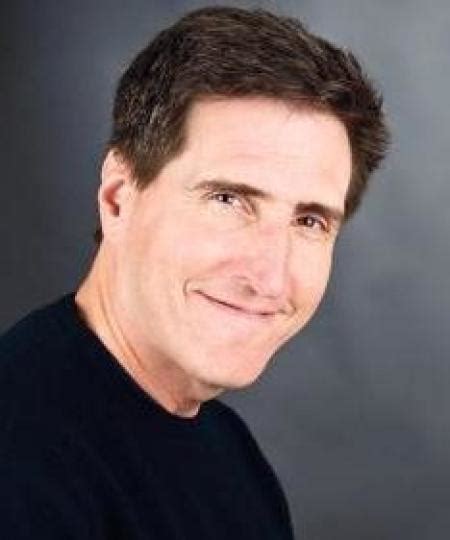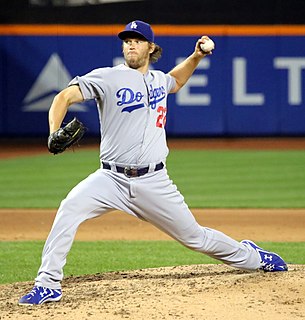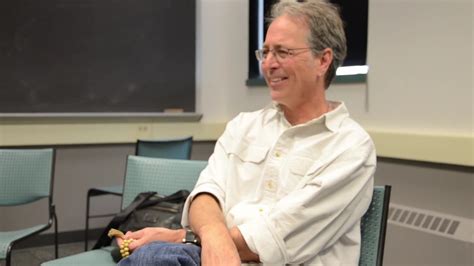A Quote by David Foster Wallace
What goes on inside is just too fast and huge and all interconnected for words to do more than barely sketch the outlines of at most one tiny little part of it at any given instant.
Related Quotes
Monks, we who look at the whole and not just the part, know that we too are systems of interdependence, of feelings, perceptions, thoughts, and consciousness all interconnected. Investigating in this way, we come to realize that there is no me or mine in any one part, just as a sound does not belong to any one part of the lute.
Real danger is nothing more than just living. Of course, living is merely the chaos of existence, but more than that it's a crazy mixed-up business of dismantling existence instant by instant to the point where the original chaos is restored, and taking strength from the uncertainty and the fear that chaos brings to re-create existence instant by instant. You won't find another job as dangerous as that. There isn't any fear in existence itself, or any uncertainty, but living creates it.
Then with Lucy [Hale], her little thing that I kind of learned from her is her country music because she’s obsessed with country and at the beginning, I wasn’t a huge fan of it, but I was listening to some songs that she plays in the hair and makeup room and she’s also so funny, too. She does these character impersonations and they’re just so funny. Made up characters of course, but she can switch into someone else so fast. I’m always laughing at Lucy and she’s like a little Polly Pocket, you know? The tiny one.
But how much better, in any case, to wonder than not to wonder, to dance with astonishment and go spinning in praise, than not to know enough to dance or praise at all; to be blessed with more imagination than you might know at the given moment what to do with than to be cursed with too little to give you -- and other people -- any trouble.
He had a word, too. Love, he called it. But I had been used to words for a long time. I knew that that word was like the others: just a shape to fill a lack; that when the right time came, you wouldn't need a word for that any more than for pride or fear....One day I was talking to Cora. She prayed for me because she believed I was blind to sin, wanting me to kneel and pray too, because people to whom sin is just a matter of words, to them salvation is just words too.
I work sometimes from outlines, which are immediately abandoned. Sometimes, when I'm trying to find the characters, I'll sketch things out a bit. Sometimes, outlines help me aim a little bit, but I tend to find it's usually much more interesting, especially with the first draft, to spew it onto the page. I used to get very nervous that, if I write this first rough draft and I die that night, whoever finds it might think that I thought it was good. For me, it's much more important to get some general shape onto the page and later take all the time I need to refine it, fix it, and rewrite it.
This is what I tell my students: step outside of your tiny little world. Step inside of the tiny little world of somebody else. And then do it again and do it again and do it again. And suddenly, all these tiny little worlds, they come together in this complex web. And they build a big, complex world.



